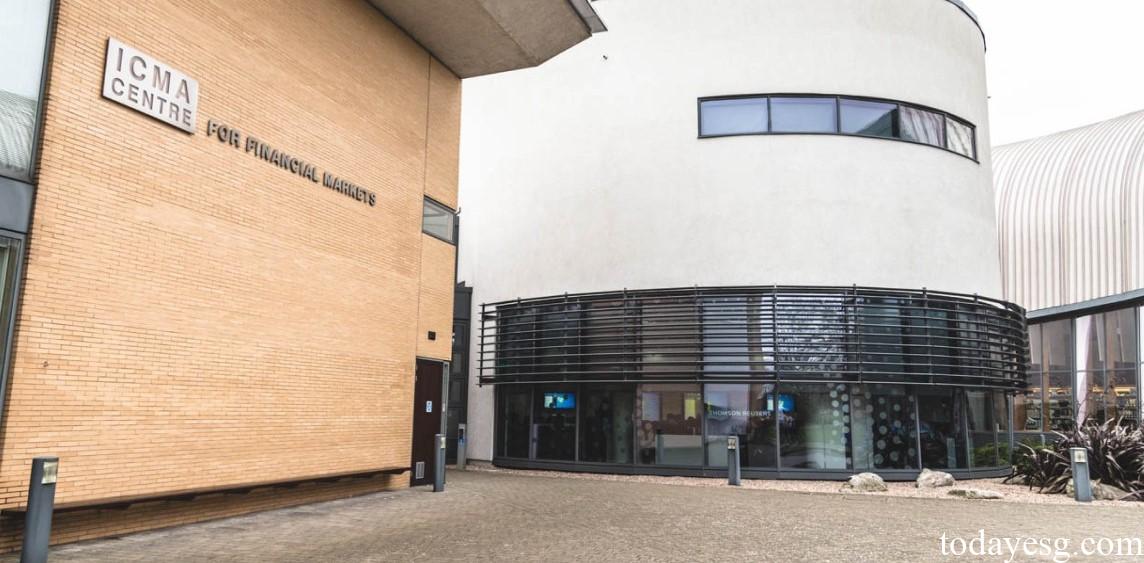Response to Sustainability Disclosure Requirements
The International Capital Market Association (ICMA) replied to the draft Sustainability Disclosure Requirements (SDR) issued by the Financial Conduct Authority (FCA), and advised on the three types of sustainable investment labels.
ICMA believes that the proposal of SDR can help the financial industry to make greater contributions in the transformation of low-carbon economy, and the establishment of investment labels can facilitate the sustainable product development of asset management companies and help investors to select appropriate financial products.
ICMA’s View on Greenwashing Problem
ICMA believes that the regulatory authorities of all countries are working to solve the problem of greenwashing. In the absence of a consistent definition of “greenwashing”, the SDR proposed will reduce the possibility of active greenwashing. However, due to investors’ lack of understanding of ESG, there may be misinterpret in sustainable investment.
For example, ESG integration strategy refers to the inclusion of ESG factors in the analysis of the company’s financial performance during the investment process, so as to select the appropriate investment target. It does not represent the substantial impact of the company on the environment and society. However, for investors who cannot distinguish between them, the fund with ESG integration strategy may be regarded as an ESG fund (in fact, they are not related).

ICMA’s View on Sustainable Investment Label
When FCA proposed SDR, it also provided three types of sustainable investment labels for financial products (ESG integration strategy are not consistent with the definition of sustainable investment labels, but ICMA suggested that FCA could classify them as a new label), namely, Sustainable Focus, Sustainable Improvers and Sustainable Impact. ICMA has put forward different views on the classification methods and effects corresponding to the three labels.
For Sustainable Focus (investing at least 70% of its assets in specific ESG topics), ICMA questions that:
- Whether there are investment restrictions on the remaining 30% of assets;
- Whether the FCA can provide credible standards for specific ESG topics;
- Whether the FCA can provide examples of environmental and social theme under the sustainable development goals;
For Sustainable Improvers (investing in transition assets in line with the Paris Climate Agreement), ICMA questions that:
- How the company should measure the sustainability of assets;
- How does the company evaluate whether the KPI meets the scale or effect of the transition;
- If the final transition effect is not achieved, how to deal with the corresponding assets and funds;
For Sustainable Impact (investing in assets that will have sustainable impact), ICMA questions that:
- How the FCA measures sustainable impacts;
- How the FCA determines the frequency of disclosing sustainable impacts;
- How does the company ensure that negative impacts will not occur;
In combination with its own relevant provisions, ICMA believes that in fixed income investment, the bonds of Sustainable Focus can conform to ICMA social bonds and green bond standards, and the bonds of Sustainable Provers can conform to sustainable linked bond principles.
ICMA’s View on SDR and SFDR
ICMA also compared SDR and SFDR (Sustainable Finance Disclosure Regulation of the European Union), and believed that there are certain differences between the two. For example, there is no level difference between the three sustainability labels mentioned in SDR, but Article 9 in SFDR is the highest level of sustainability fund. SDR also does not require disclosure of negative environmental and social impacts, but SFDR requires.
ICMA believes that SDR will expand to overseas funds in the future when it only imposes certain restrictions on UK funds currently. In this case, the comparison between SDR and SFDR will play a more important role.
Reference:








